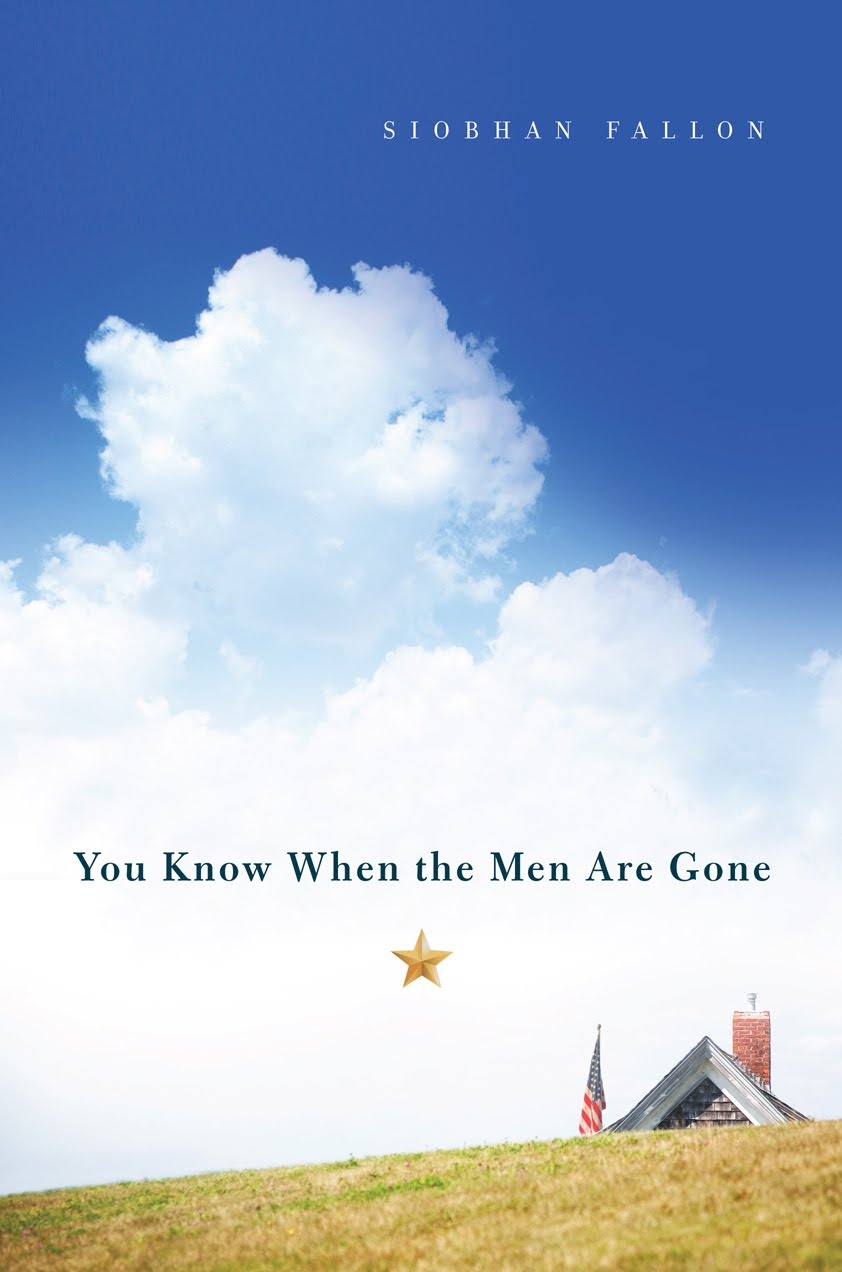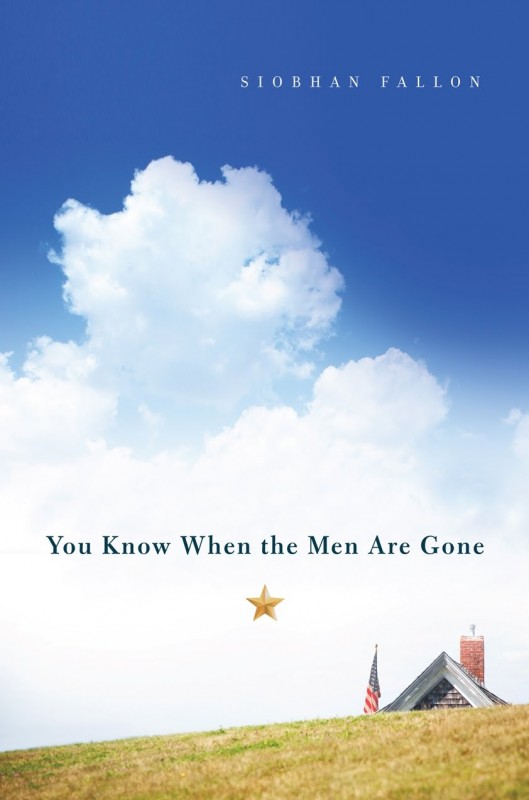08 Oct / You Know When the Men Are Gone by Siobhan Fallon

 All is definitely not fair in love and war … and off the battlefields, the most sacred institutions – especially marriage and family – take the hardest hits.
All is definitely not fair in love and war … and off the battlefields, the most sacred institutions – especially marriage and family – take the hardest hits.
Siobhan Fallon‘s debut collection bears expert witness to the dangers of deployment for those left behind: according to her biography, she lived at Fort Hood in Texas while her husband was deployed to Iraq for two tours of duty. Miraculously, her family survived – her bio says she’s now living near the American Embassy in Amman, Jordan with her family.
Not nearly as lucky (resilient? blessed?) are most of Fallon’s fictional characters in her eight starkly indelible stories here. They are, however, hauntingly real, deeply suffering, desperately hopeful, frighteningly resigned. In the opening, eponymous story, a woman hears – even eavesdrops – on the disintegration of the family that lives next door, the isolated wife within who is a source of foreign fascination for the rest of the lonely, waiting wives.
Other standouts are many. In “Remission,” a cancer-stricken woman is faced with the multi-layered challenges of her illness, her distraught and defiant teenage daughter, and a community that shuns her for having the luxury (liability) of having her husband on this of the world. In “Leave,” a soldier is so desperate to know if his wife has been faithful that he sneaks home unannounced and sets up his a secret reconnaissance mission in his own basement. In the penultimate story, “You Survived the War, Now Survive the Homecoming” – a real-life sign that warns returning soldiers of the dangers of drunk driving – reunited couples must learn to co-exist in the same space, to somehow reclaim their lives together amidst all the nightmares, betrayals, rage, loneliness, and endless guilt.
These men and women – so distanced even when they are standing in the same room – tread a fine line between blinding denial and crushing reality. How they navigate their leftover lives, survive their immutable choices, are searingly captured by newcomer Fallon. The short story proves to be the perfect medium for her, reflecting the devastating fragmentation of active military life. Indeed, war is hell, but survival too often also comes at an impossibly brutal cost.
Readers: Adult
Published: 2011
